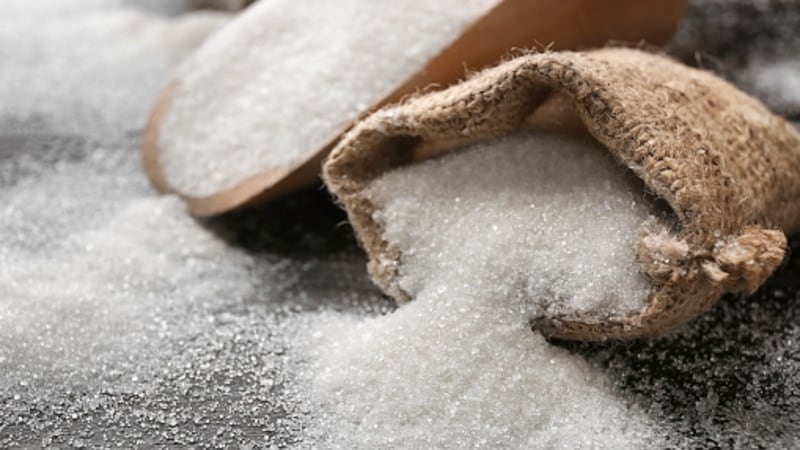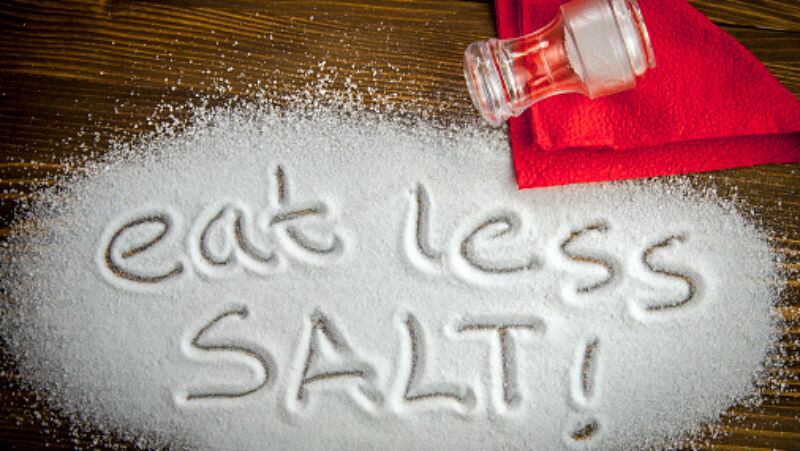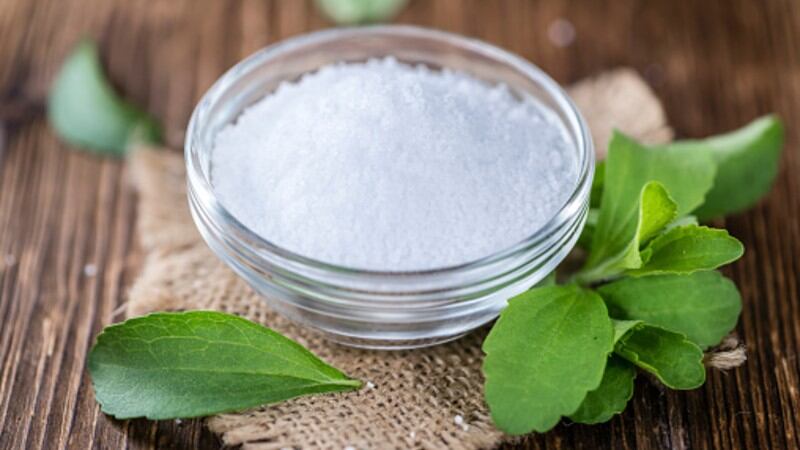Following a civil case against the order brought by United Sugar Producers Federation (UNIFED) member, the Rural Sugar Planters Association Inc., the Regional Trial Court (RTC) in Sagay City, Negros Occidental issued a 20-day temporary restraining order (TRO) blocking the import last week — just days after the SRA approved it.
Sweet sabotage?
Now, Bayan Muna Rep. Carlos Isagani Zarate, deputy minority leader in the House of Representatives, has called on the Department of Justice and the Ombudsman to look into the Duterte administration’s signing of Sugar Order No. 3, alleging “economic sabotage” of the Philippines’ sugar industry.
Zarate seems doubtful of the SRA’s justification that the order was signed in anticipation of a possible shortfall, after Typhoon Odette’s damage to sugarcane crops in December last year was assessed.
The assessment reportedly found that the pre-final crop estimate of raw sugar production was down to 2.072 metric tonnes MT, less than the 2.099 metric tonne pre-final crop estimate prior to the typhoon, and the SRA also took into consideration the reduced raw sugar production and damaged sugar mills and refineries before signing Sugar Order No. 3.
According to a statement by SRA administrator Hermenegildo Serafica, this would cover the shortfall and 'leave the country with enough buffer stock to tide over until the start of the next milling season'.
This came after an earlier statement from Department of Agriculture (DA) Secretary William Dar that imports would 'only fill in the deficit or what cannot be produced locally, as the country needs to rely less' on other countries for economic improvement.
However, Zarate said this move would “favour someone” and was “not only irregular but also economic sabotage”, especially in light of the ongoing COVID-19 pandemic and how the Philippines was “struggling to uplift” its own economy.
The ‘irregularity’ Zarate mentioned likely refers to how, just days before Dar approved the sugar importation, the SRA itself reported that refined sugar production had risen by 42% to 353,779.1 metric tonnes, with total sugarcane milled at 12.09 million metric tonnes in the first week of February.
It further reported that raw sugar supply had increased by 2.3% to 1.27 million metric tonnes, with half a year remaining in the sugar crop year.
Refined by 'facts'
In response to Zarate’s allegations, Dar has maintained the importations are not irregular, saying there 'is no truth to claims that our decision to import was driven by corruption' but instead, 'is backed by data'. He added that after Typhoon Odette hit in December 2021, the pre-final crop estimate of raw sugar production was lower than the estimate before the typhoon.
Still, Zarate remains unconvinced, and further said that since sugar prices had gone down and the typhoon had not damaged sugarcane farms, there was 'no reason to import sugar'.
“If the DA is saying that prices of food items are high, then they should study placing price controls on food items, like galunggong and sugar,” he added.




